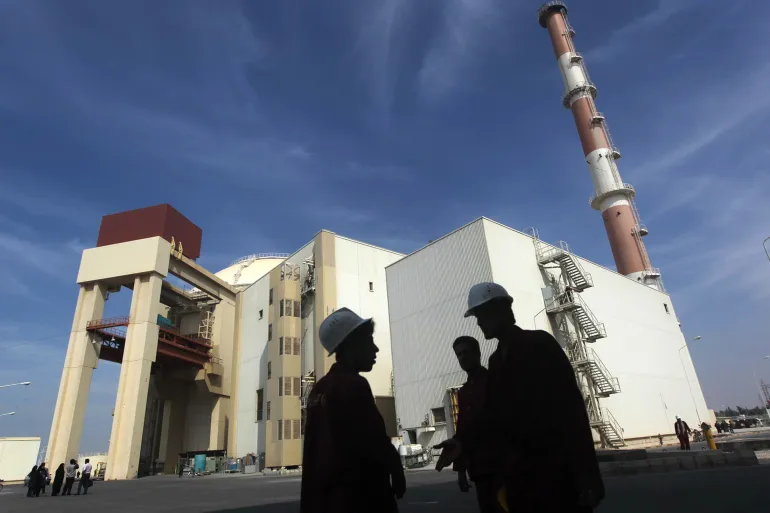Iran’s Strategy Prevents Western Consensus
WANA (Sep 14) – The quarterly meeting of the Board of Governors of the International Atomic Energy Agency (IAEA), held from September 9 to 13, was marked by the West’s unsuccessful efforts to build consensus against Iran’s nuclear program. The meeting began with sensational claims from European countries and the U.S., but no resolution was passed against Iran in the end. Nevertheless, Western parties persistently demanded a “comprehensive report” on Iran’s nuclear activities.
The “comprehensive report” was previously proposed in an anti-Iranian resolution by the IAEA’s Board of Governors, claiming that if Iran does not fully cooperate with the agency, the Director-General might issue a full assessment regarding Iran’s undeclared nuclear activities. European countries and the U.S. reiterated the same claim in the recent meeting, warning that if Iran fails to cooperate, they would pursue the demand for a “comprehensive report.”

Iran Calls for Impartiality in IAEA Reports
WANA (Sep 09) – In response to recent statements regarding its nuclear activities, the Islamic Republic of Iran’s mission in Vienna has emphasized that the International Atomic Energy Agency (IAEA) must maintain complete impartiality in its reports. The mission highlighted that all of Iran’s nuclear materials and activities have been fully declared to and […]
The West’s efforts to increase pressure on Iran can be observed in their recent movements in Europe and the U.S. These countries, having undermined the JCPOA, are seeking to heighten political pressure on Iran as Resolution 2231 of the UN Security Council nears its expiration in 2025. They are utilizing the “snapback” mechanism as a tool to reinstate suspended sanctions.
However, IAEA Director-General Rafael Grossi announced that he has no plans to issue a “comprehensive report” and expressed hope for successful cooperation with Iran. He also mentioned receiving a letter from Iran’s president regarding the continuation of negotiations and indicated the possibility of visiting Tehran before the U.S. elections.
Mohsen Naziri Asl, Iran’s ambassador to Vienna, also emphasized recent interactions between Iran and the IAEA during the Board of Governors meeting, expressing hope that these engagements would resolve outstanding issues and strengthen cooperation.

Iran: Addressing Technical Issues with Political Considerations Undermines the Agency’s Credibility
WANA (Sep 13) – Iran’s representative to international organizations in Vienna, in a statement at the Board of Governors meeting, explained the Director General’s quarterly report on Iran’s nuclear program. He criticized the political considerations of some members in evaluating technical assessments, stating that while Iran is willing to engage constructively with the Agency, it […]
Mikhail Ulyanov, Russia’s ambassador to Vienna, welcomed the interactions between Iran and the IAEA, calling on Western countries to refrain from putting pressure on this process and allowing the IAEA Director-General and Iran to continue constructive dialogue without external interference.
Ultimately, these statements and negotiations, along with international developments such as the U.S. elections and changes in the European Union, prevented any hasty actions by the West against Iran in the IAEA’s Board of Governors meeting.












